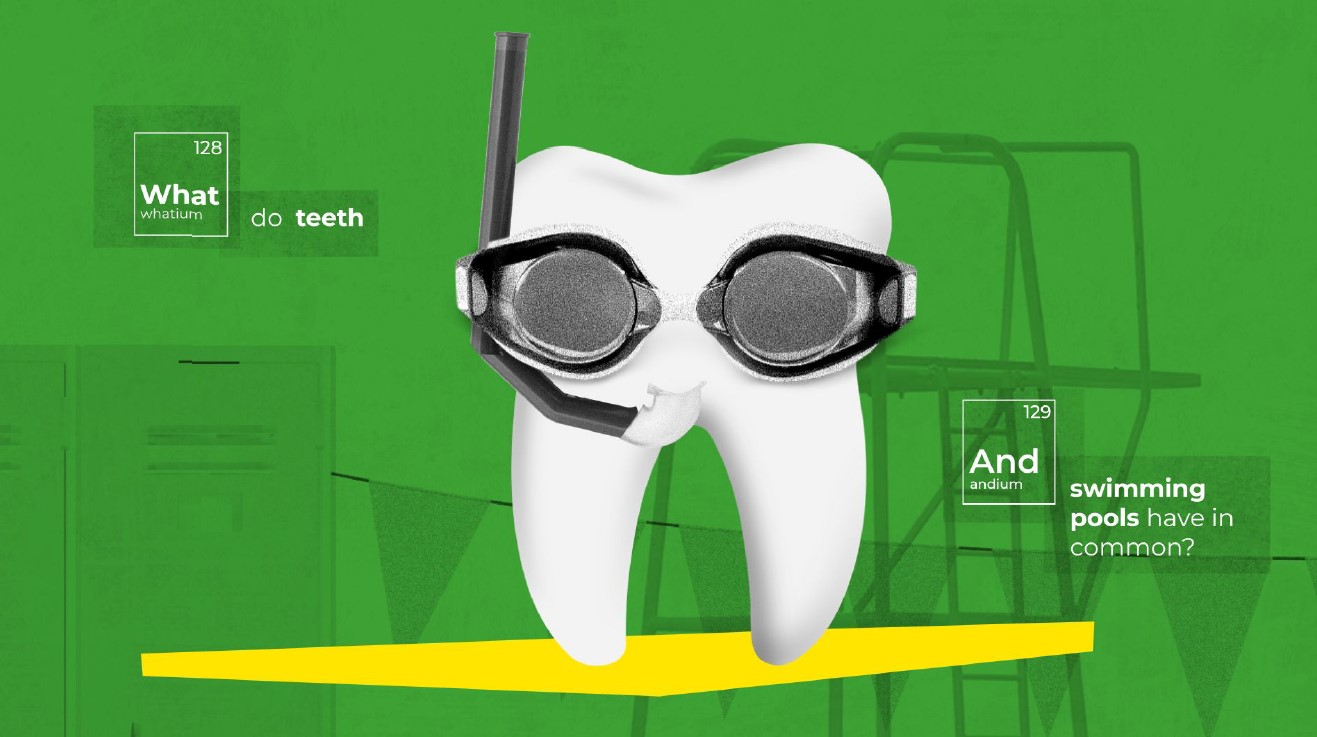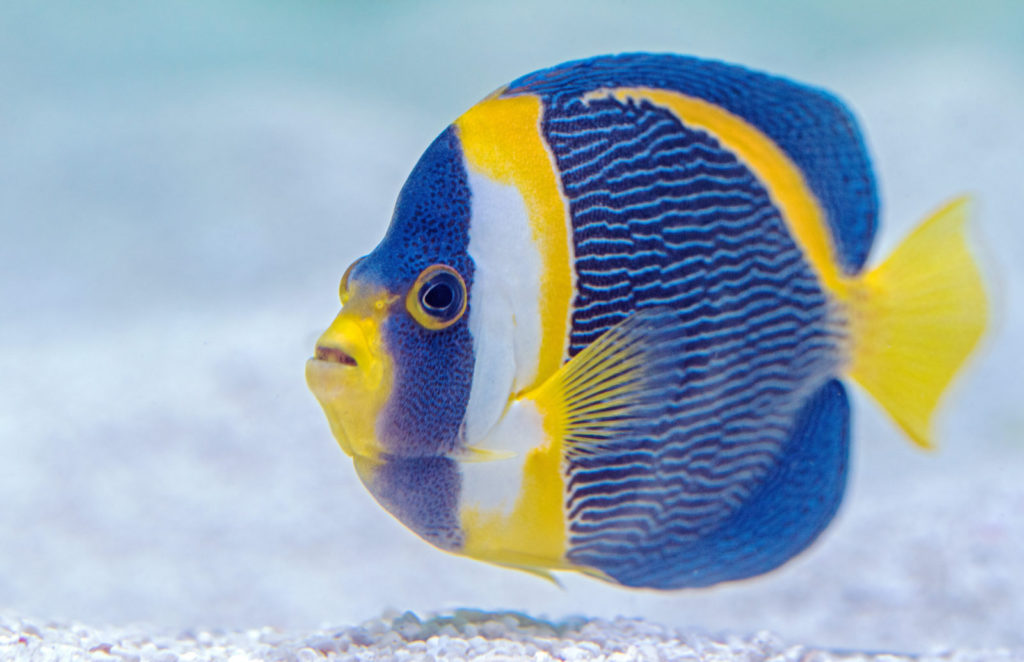What do teeth and swimming pools have in common…?
Thinking of relaxing by the pool?…
Every time you go for a swim, remember that chlor-alkali chemistry has been used to keep pool water clean for over 100 years! When used carefully, hypochlorites help to destroy the bacteria, viruses and other harmful organisms that could make people ill. Do not forget to always shower before entering the water, and never get in the water if you feel unwell, to keep the pool as healthy as possible.
If you want to swim faster, you need to reduce the drag of your body in the water, and this can be helped by a full-body swimsuit made of polyurethane or neoprene, which capture tiny gas bubbles and keep you floating higher in the water. Both types of suits are made using chlor-alkali chemistry.
More detailed information here >
And related to this:
Watch our video on safe and healthy water >
Meet Andi, our pool attendant who helps everyone enjoy their swim >
… or looking to keep your teeth sparkling for happy photos!
Chlor-alkali chemistry also helps to keep our teeth healthy! Nylon, an important material made with sodium hydroxide (caustic soda), is found in many modern toothbrushes and in dental floss.
Dentists, meanwhile, can use sterile PVC tubing in their surgeries, as well as disinfectants to keep surfaces clean. They can also rely on mouthwashes containing zinc chloride amongst other products to deal with stale morning breath and maintain healthy gums. Polyurethane and polycarbonate, meanwhile, can be the materials of choice for orthodontists.
More detailed information here >
And related to this:
Meet Annick, a dentist working hard to give us Hollywood smiles >
Discover how chlor-alkali chemistry features in modern medicines >
Chlor-alkali is vital for many products in our daily life.
- Watch all our other Benefits videos from our Benefits homepage…
- Check out our Chlorine Things videos (shown to the left) to learn more about the chlor-alkali products you use every day…
- Learn where chlorine, caustic soda (sodium hydroxide), caustic potash (potassium hydroxide) and hydrogen are used in our ‘trees’…
- Meet Mr C, to see how life has improved since the Stone Age thanks, in part, to chlor-alkali chemistry…
- And discover the 17 successes, Europeans whose work is made safer, easier or more sustainable thanks to chlor-alkali!
- Contact eurochlor@cefic.be for more information


